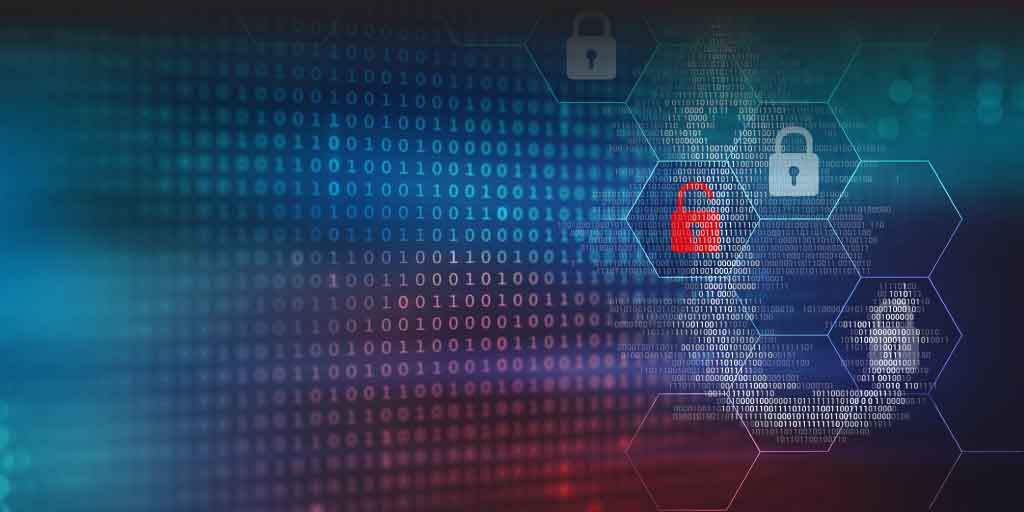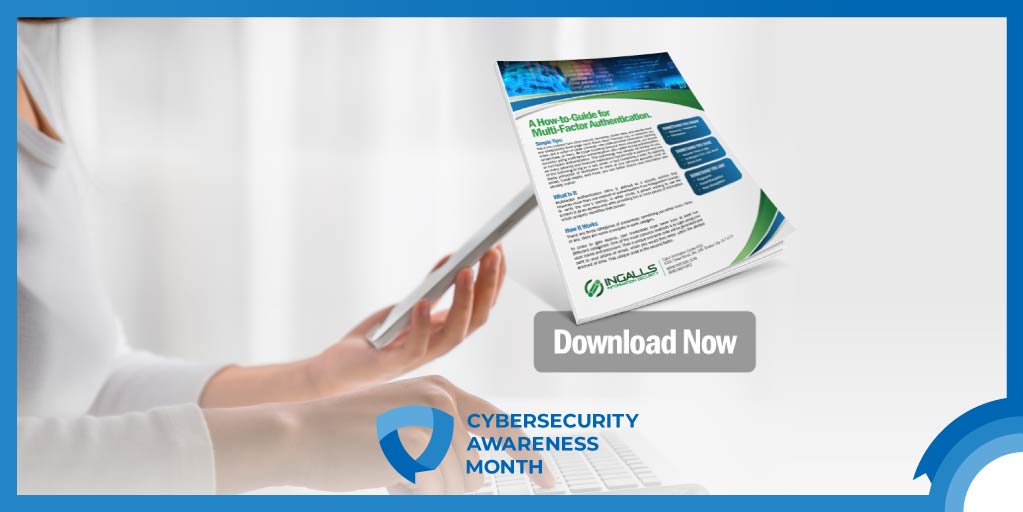A How-to-Guide to Defend Against Phishing Attempts
Phishing attacks use email or malicious websites to infect your machine with malware and viruses in order to collect personal and financial...
24/7/365 Monitoring & Alerting
Compromise Assessments
Threat Hunting
Vulnerability Management
CMMC Preparation & Assessment
Cybersecurity Assurance Readiness (CSAR®/RMF Pro)
ATO/RMF Support
If you are concerned about a potential threat or are experiencing a breach, contact our 24/7/365 emergency hotline at 888-860-0452.
 Subscribe to NetSec News
Subscribe to NetSec NewsSign up to receive our biweekly newsletter that covers what's happening in cybersecurity including news, trends, and thought leadership.
At our core, Ingalls is a company that strives to be helpful to our clients while continuously innovating and evolving our technology and solutions. Since 2010, we have been dedicated to building a team and product that can stay steps ahead of threats, attacks, and vulnerabilities in an ever-changing landscape.
In a world where we are constantly connected, cybersecurity cannot be limited to the home or office. When you’re traveling— whether domestic or international—it is always important to practice safe online behavior and take proactive steps to secure Internet-enabled devices. The more we travel, the more we are at risk for cyberattacks. #BeCyberSmart and use these tips to connect with confidence while on the go.
 Simple Tips:
Simple Tips:
Phishing attacks use email or malicious websites to infect your machine with malware and viruses in order to collect personal and financial...

Businesses face significant financial loss when a cyber attack occurs. In 2019, the U.S. business sector had 17% increase in data breaches: 1,473...

Have you noticed how often security breaches, stolen data, and identity theft are consistently front-page news these days? Perhaps you, or someone...